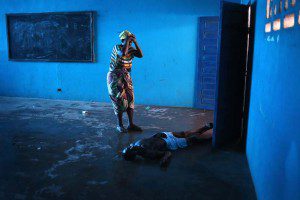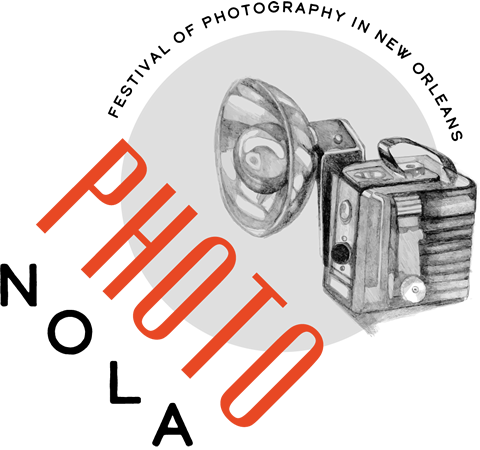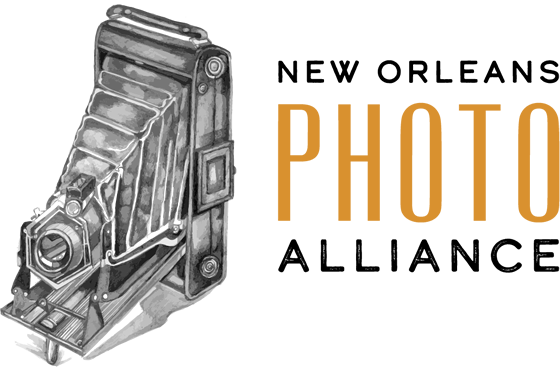Ebola Crisis Overwhelms Liberian Capital. Omu Fereneh stands over her husband Ibrahim after he fell and died in an Ebola holding center set up in a school classroom on August 15, 2014 in the West Point township of Monrovia, Liberia. In the summer of 2014 Monrovia, Liberia became the epicenter of the West African Ebola epidemic, the worst in history. Although previous rural outbreaks were more easily contained, once the virus began spreading in Monrovia’s dense urban environment, the results were described by Medecins Sans Frontieres as "catastrophic". With a tradition of burial rites that include the washing of the dead bodies of loved ones, Liberians became infected at alarming rates. Only a decade after a long civil war, Liberia’s fragile health system was unable to cope, international agencies were slow to react, and the country struggled. The president declared a state of emergency, and a military quarantine of the nation’s largest township of West Point, proved futile. Slowly health workers, both Liberian and international, made progress in slowing the spread of the disease, but by year’s end the outcome of the regional epidemic was far from certain.
New Orleans Festival of Photography


